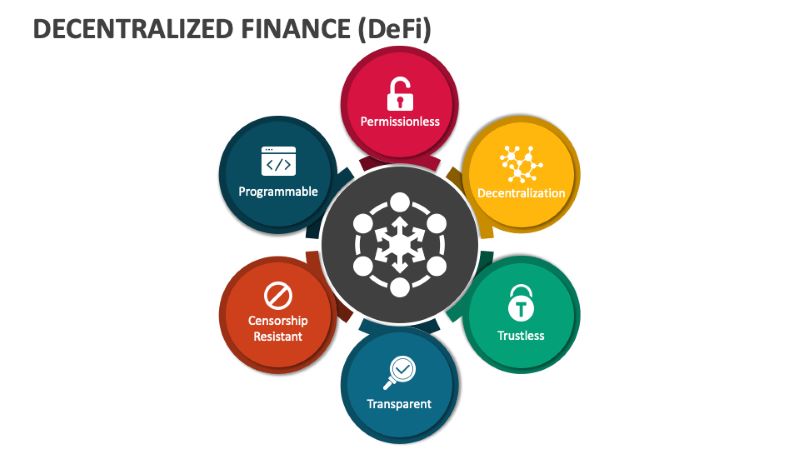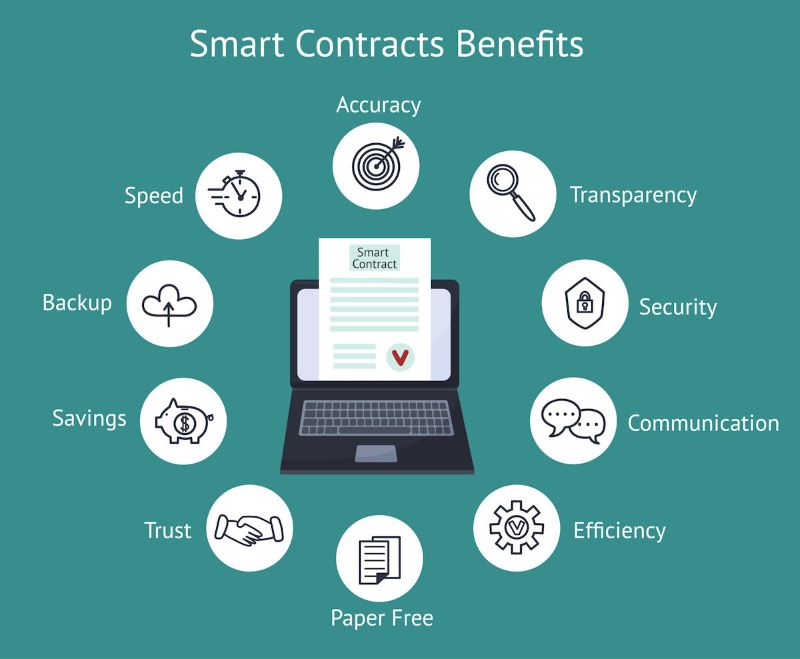Imagine leaving your front door unlocked—anyone could walk in. That’s what happens when vulnerabilities identified in smart contract audits are ignored. Smart contracts are the backbone of blockchain projects, and they must be secure. In this post, we’ll explore common weaknesses and how they can threaten your project’s integrity.
The Landscape of Smart Contract Vulnerabilities
Smart contracts have vulnerabilities, and identifying them is crucial. Just like you wouldn’t leave your house unlocked, you shouldn’t leave your contracts exposed to attackers. Solidity, the language used to write smart contracts, isn’t flawless, and vulnerabilities identified within it can be exploited by malicious actors. That’s why we need to audit these contracts carefully, ensuring they are secure and reliable.
In DeFi, these vulnerabilities are especially risky. Unlike traditional banks with vaults to protect your funds, DeFi projects are decentralized and rely on smart contracts to manage transactions. The rush to launch DeFi projects often leads to overlooked vulnerabilities, opening the door for potential attacks. By identifying these vulnerabilities early, through thorough audits, we can protect our assets and ensure DeFi projects remain safe and secure.

Critical Smart Contract Security Issues and Code Flaws
Smart contracts, while powerful, have some serious vulnerabilities that need to be addressed. One of the most dangerous is the reentrancy attack. This happens when a hacker tricks a contract into sending more funds than it should by calling the contract repeatedly before it updates its balance.
It’s like taking money out of an ATM without it realizing. This vulnerability was famously exploited during the DAO hack on Ethereum, leading to huge losses. To protect contracts from this, we use the “checks-effects-interactions” pattern—ensuring everything is verified before transferring funds or interacting with other contracts.
Another critical vulnerability is race conditions, where the outcome depends on the timing of actions. Imagine two people trying to buy the last item in an online store at the same time. If the system isn’t designed properly, it could sell the item twice or cause other errors, leading to loss of funds. This issue was also seen on the Ethereum network, where multiple transactions could interfere with each other, causing confusion. It’s essential to handle transactions correctly and in order to avoid these issues.
Vulnerabilities identified in smart contracts can put assets at risk, which is why thorough audits are crucial. Blockchain experts use advanced tools to find these flaws before they cause real damage. By addressing vulnerabilities, we can build safer and more secure smart contracts, protecting everyone involved.

The Smart Contract Auditing Process
Automated Smart Contract Scanning Tools
Automated tools quickly scan smart contract code, identifying common vulnerabilities like reentrancy attacks or gas limit issues. These tools efficiently catch potential bugs, ensuring security before deployment—much like spotting a leak in a boat before setting sail.
The Importance of Peer Review
Peer review involves other experts checking the code to catch any mistakes that automated tools may miss. It adds an extra layer of security by identifying overlooked vulnerabilities, ensuring the smart contract is secure and follows best practices.
Strengthening Defenses: Smart Contract Exploit Prevention
Secure Smart Contract Development Practices
Smart contracts need to be secure to prevent hackers from exploiting vulnerabilities. Using simple, clear code helps minimize errors, making it easier to spot issues. Tools act as detectors, catching mistakes before they become problems. It’s also crucial to anticipate common attacks, like reentrancy, and block them in advance. Testing thoroughly and reviewing code with peers ensures that any potential vulnerabilities are caught early, strengthening the contract’s defense.
Adhering to Smart Contract Compliance and Optimization
Compliance ensures smart contracts follow necessary rules to avoid costly mistakes. A checklist helps keep contracts sound and secure. By keeping code lean, we reduce the chances of errors and lower fees. Optimization ensures fast, efficient performance, saving both time and resources. Just like a castle needs strong walls, smart contracts need proper optimization and compliance to keep digital assets safe and secure.

n conclusion, building secure, efficient, and compliant smart contracts is essential for protecting digital assets and preventing costly exploits. By following best practices, conducting thorough audits, and optimizing code, we ensure that our contracts are resilient against vulnerabilities. Stay proactive and keep learning to stay ahead in the blockchain game.
For more insights and tools to strengthen your blockchain projects, visit Blockchain Global Network today!

RELATED POSTS
LooksRare NFT: A new generation NFT exchange
LooksRare NFT has quickly emerged...
Vessel Finance: The DEX with near-zero gas fees
In the ever-evolving world of...
Cryptocurrency Ro Khanna and the future of regulation
Discover how cryptocurrency ro khanna...
Pi Network Officially Lists on OKX Exchange on February 20: New Opportunities for Pi Holders?
Pi Network Officially Lists on...
Examples of Secure Blockchain Implementations: Unveiling Industry Innovations
Examples of secure blockchain implementations...
What is dYdX? A deep dive into Decentralized trading
What is dYdX? It is...
How does blockchain technology help organizations when sharing data
Wondering “How does blockchain technology...
What is blockchain technology and How does it work?
What is blockchain technology and...
Wormhole Airdrop – Take Advantage of 3 Valuable Investment Opportunities
Wormhole Airdrop is not only...
DuckChain Airdrop: Great opportunity to get free Tokens
In the context of rapid...
Your essential guide to the blockchain expo schedule 2025
Planning your professional calendar for...
HOT!!! Notcoin Accuses Bidget of Lying!
Notcoin Accuses Bidget of Lying!!!...
Crypto news predictions – Key Trends in the future
Crypto news predictions are essential...
What is KYC in Crypto? The Key to safer and transparent trading
What is KYC in Crypto...
SonicX Airdrop – Exciting Tap-to-Earn Gaming Experience
SonicX airdrop offers an incredibly...
How Companies Using Blockchain Technology Are Revolutionizing Operations
Curious about how “Companies Using...